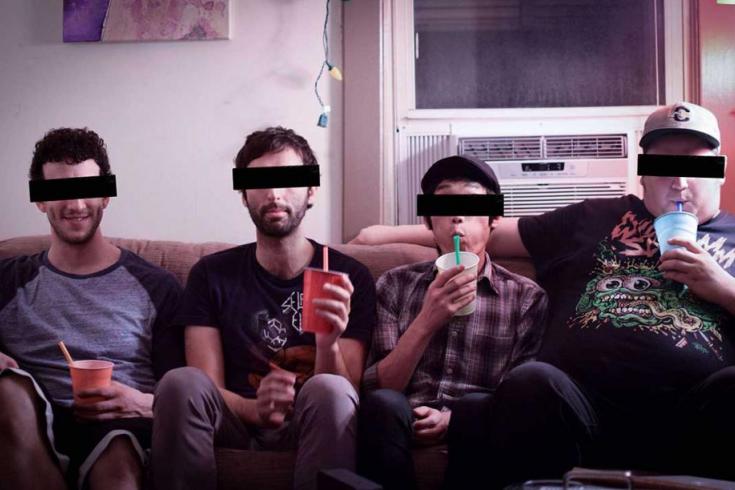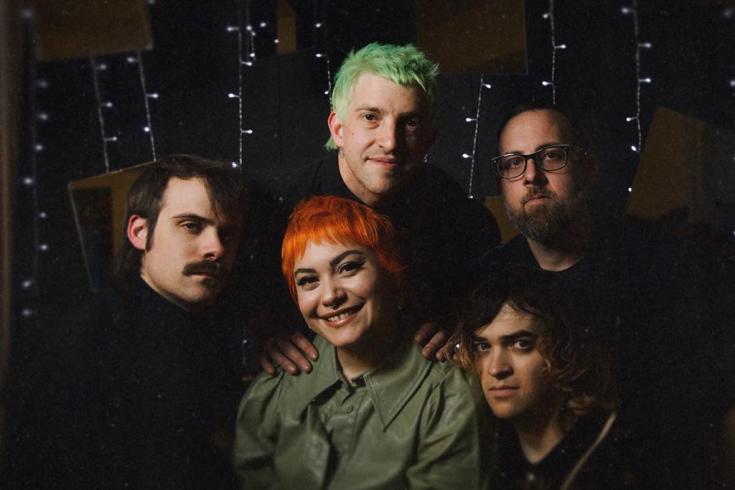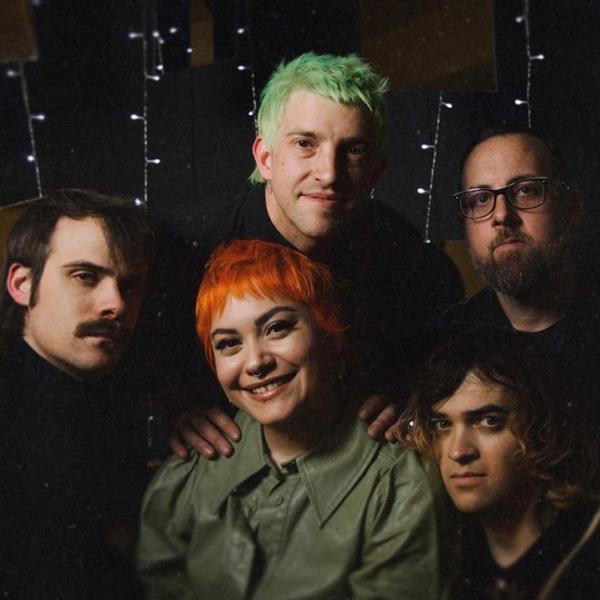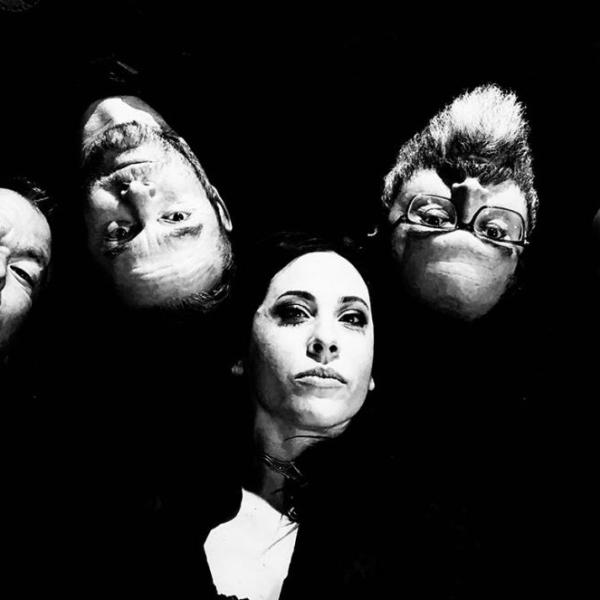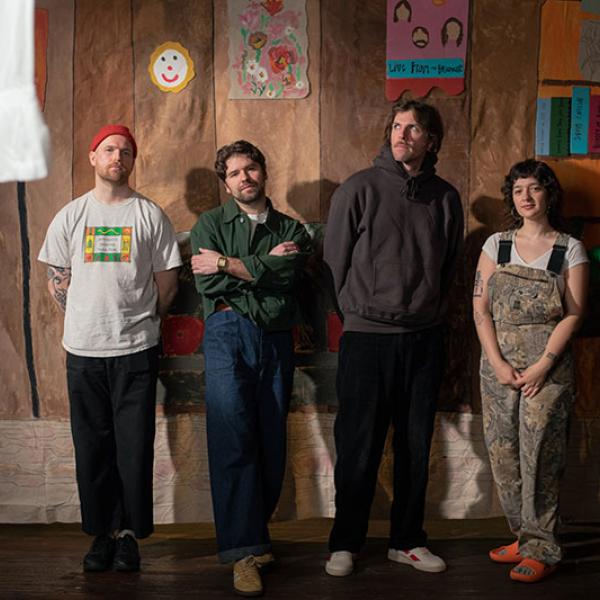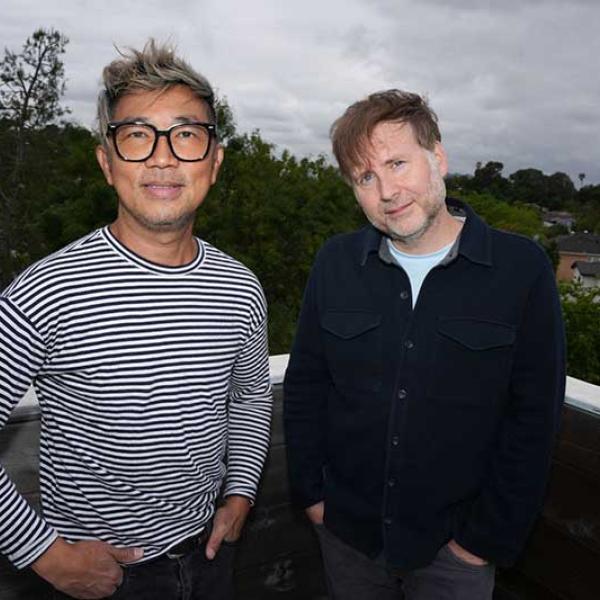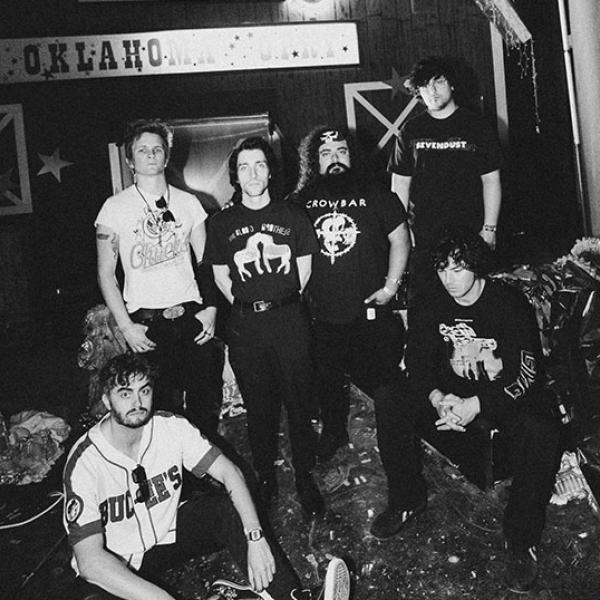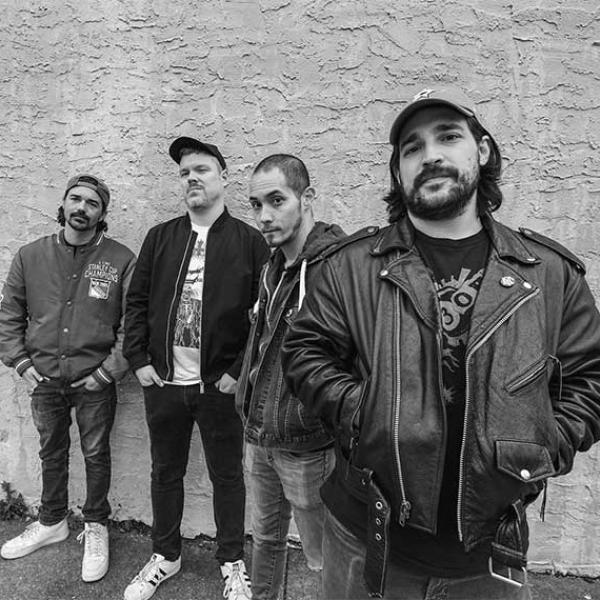Features
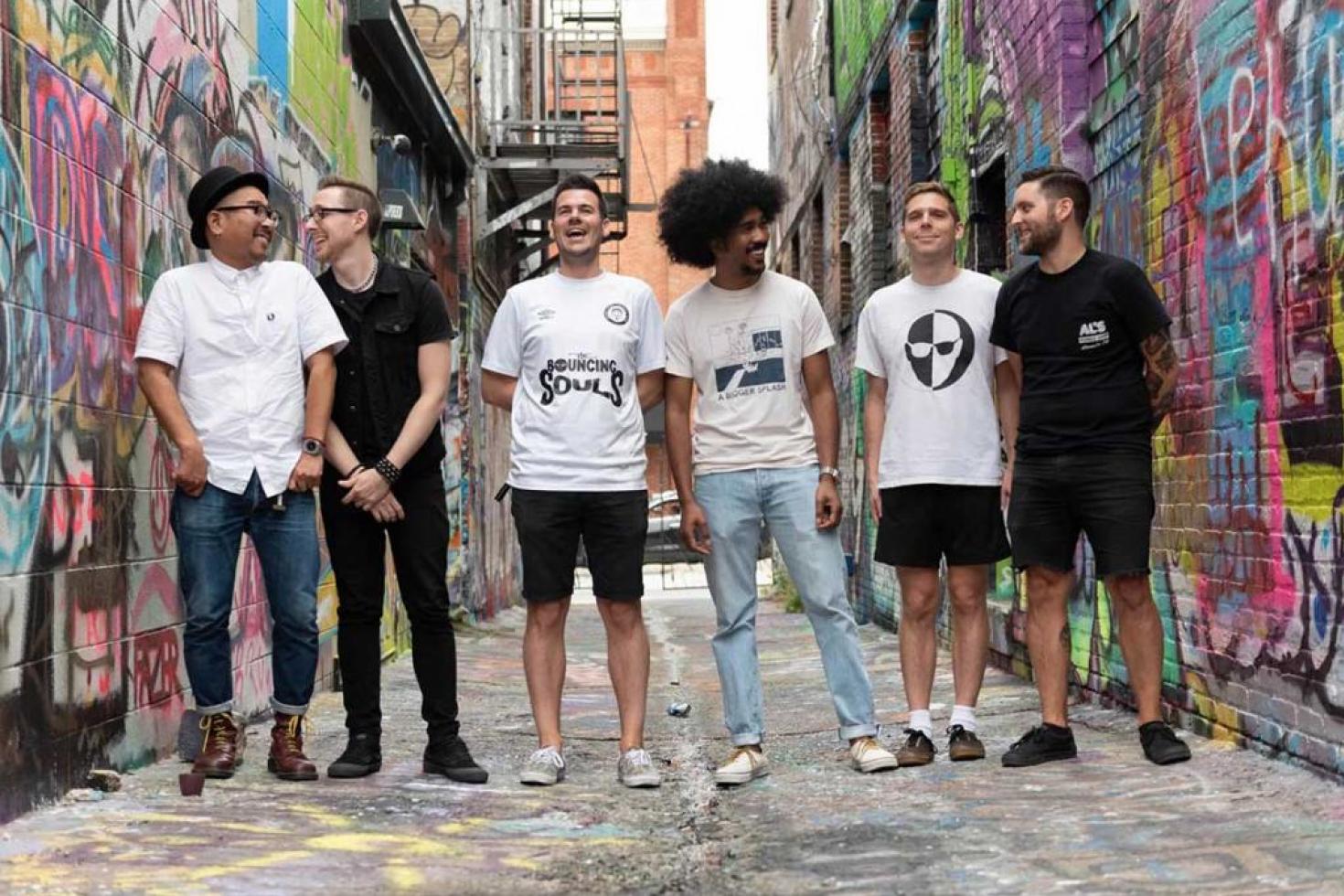
DC's Kill Lincoln has been playing no-bullshit ska-punk for years and continue to do so with the amount of energy usually associated with a basement hardcore show, sounding like the bastard son of Kid Dynamite and Streetlight Manifesto. Don't believe me? Check out the band's recently released new album 'Can't Complain,' out now on vocalist/guitarist Mike Sosinski's own label, Bad Time Records. We caught up with Mike, sax shredder Matt "Food" Ellis, drummer Tyler Rodgers and bassist CJ Uy to talk about the band's first new album in seven years!
PRT: ‘Can’t Complain’ is an album title that still feels relatively positive. Not the easiest thing if you look at the state of the world today. How do you make sure you can keep on saying you can’t complain?
Food: So the album title is a tongue-in-cheek, sort of sarcastic take on the phrase. This is kind of an automatic reply to someone inquiring about our well-being, when in actuality things are not well at all. We felt that this type of interaction is fairly common for people, especially in western society as it avoids becoming personally involved in the conversation while also sparing any feelings of awkwardness or pity. But to answer your question, I like spending time with my pet snakes.
CJ: I really like how Mike plays with the meaning of the phrase on the album’s title track, too. During the first verse, “can’t complain” is a stock phrase that indicates a general unwillingness to engage. In the second verse, though, there’s a bit of a shift. Instead of reflecting a detached apathy, “can’t complain” becomes something like a call to arms—“No, I can’t just complain. Now it’s time for me to get up and do something.”
PRT: It is your first new album in five years. I know you have kept on touring and playing shows in those years, but how come it took until now for a new album?
Tyler: We’re a bit spread out geographically and so our time together can be limited. That time then is essentially split into three lanes: rehearsing/gigging, writing, and recording. Rehearsing and gigging had taken precedence for quite some time, perhaps in part because it can be the most fun of the three, but we reached a point where we felt we sort of owed it to our fans and ourselves to push forward and create some fresh material.
PRT: It is not the best time to release an album right now. What is it like to work hard on a new album, build up to the release date and then... well, not be able to get out there and play shows? I imagine that must feel kind of anti-climactic?
Tyler: Not being able to tour the record is an incredibly huge bummer, especially because we were all thrilled to be doing so with our friends and labelmates Free Kick from Japan. And I know a lot of bands have really struggled with whether it makes sense to release something into a bit of a void, or to feel like people may be over the record by the time shows resume. On the flip side, art is one of the most cathartic things we can turn to right now. Putting the music out into the world was probably the most exciting day I’ve had in 2020, and hopefully it provided some positivity to others as well.
PRT: You recorded the album right when the pandemic really took off, making the band essentially your bubble. Did that intensify the recording process?
Tyler: We were already on a tight timeline, so even before the pandemic we knew we needed to be tightly rehearsed going in. But stocking up on sticks and drum heads with an impending shelter in place order and the uncertainty of how prevalent the virus really was definitely made for the most intense run to Guitar Center in my entire life.
CJ: I think the uncertainty of the moment forced us to be really aware of our time and how we were using it. Every morning when we set off for the studio, we never knew if some new development would shut us down for good. We ended up tracking a lot of things together and simply didn’t have time to do a hundred takes of bass fills, overthink arrangements, or go crazy with overdubs. I think the streamlined process actually helped us play to our strengths and capture some of the excitement and energy from our live shows.
PRT: The songs on the new album seem to be shorter compared to your past releases. Was that a conscious decision?
Food: We were trying to be more aware of certain compositional elements on this album, song length being one of them. We certainly wanted tunes that would be indicative of our sound while also being more concise and direct. The length of the song also determines what we play live. Longer songs require more stamina from both the audience and us and not having the opportunity for regular rehearsals puts us at a disadvantage. Most of the writing came pretty naturally though, so I don't feel like anything sounds forced.
PRT: The album will be out on Bad Time Records, the label you started two years ago.Can it be challenging to have those two different roles, which don’t necessarily always want/go for the same thing?
Mike: It’s a challenge juggling logistics for both the band and the label for sure, but as a band we’ve been friends for so long that we have a pretty intense bond / trust among us and have a pretty good short hand for communication and decision making. I don’t think we’ve encountered a situation where the band and label wanted / needed different things to be honest, and I’m actually not sure what one would be. Each is an extension and level of support for the other, and I know my bandmates support the mission of the label and definitely support the other bands.
PRT: Why do you think people feel it’s okay to make fun of ska-punk?
Mike: I think this comes from a lot of bands themselves treating it as a bit of a joke or a cash grab once it peaked in popularity in the late 90s. It was easy to stereotype the genre based on the most garish and comical elements as opposed to its political and serious roots.. unfortunately, a lot of those stereotypes have stuck and persist, and are sometimes perpetuated by bands with names like “Johnny Ska and the Ska City Skankers”. … that’s mine by the way, don’t steal that.
Food: People make fun of ska punk?
PRT: Speaking of which... what’s your favorite ska joke?
Tyler: Tell me a ska joke I haven’t heard a thousand times and...voila...you’ve got my favorite ska joke. -Tyler
Mike:
Q: How many ska kids does it take to screw in a lightbulb?
A: One to drop the light bulb, and a community of thousands to break down systems of oppression and rekindle a passion for a meaningful, present, and life affirming genre of music. One of them screws in the lightbulb too.


